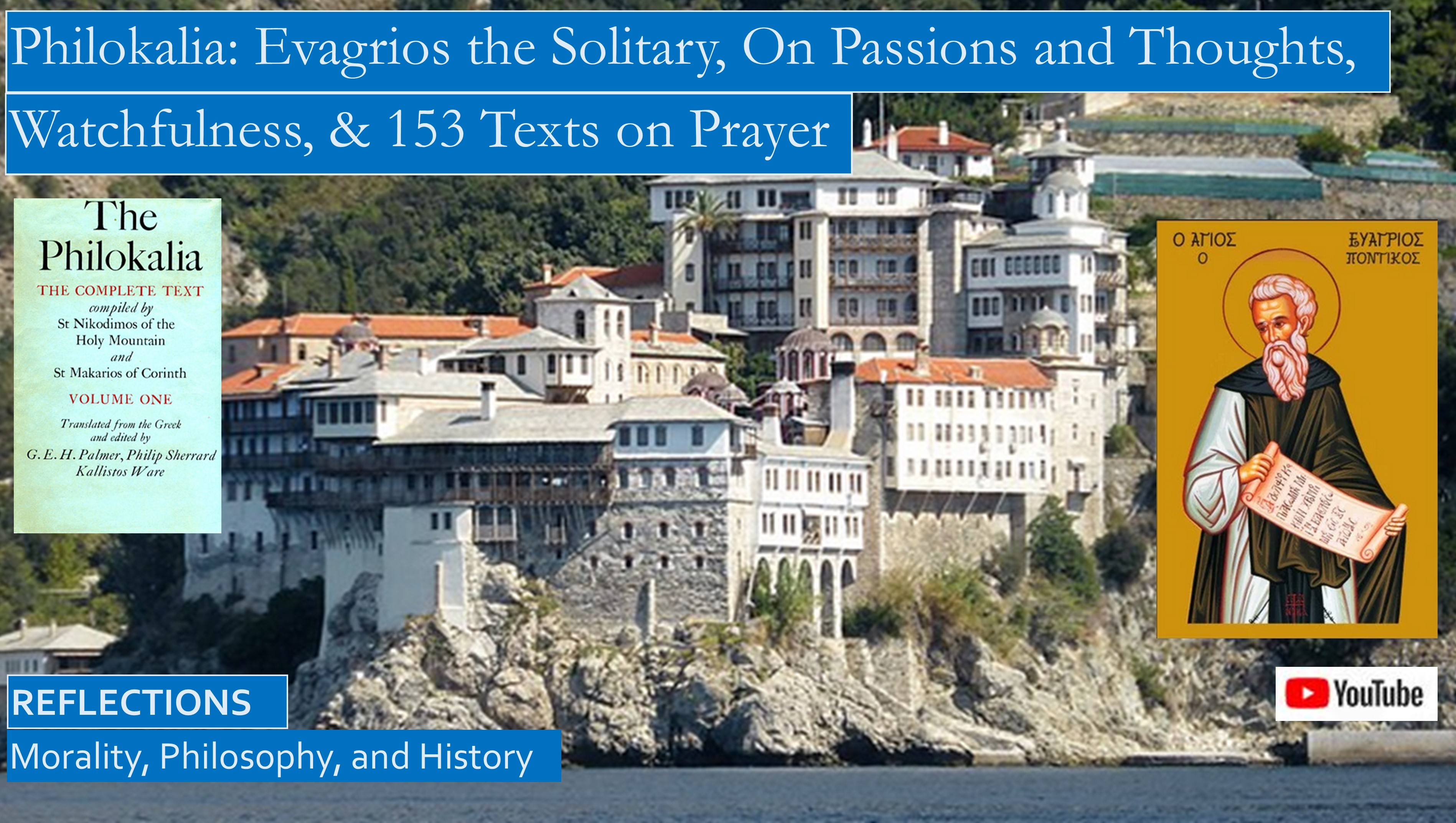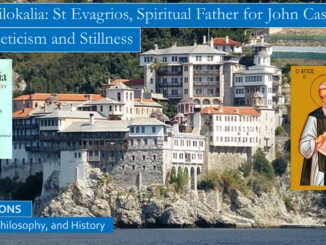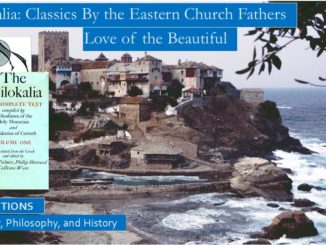The demons tempt us through our passions, they tempt us through our perceptions, they tempt us through our memories of past pleasures that tempt us, through painful memories of those who have harmed us, and if this was true in the days of Evagrios, how much more true it is today when the media bombards us with images of pleasure and pain and cruelty. Evagrios warns us, “all thoughts producing anger or desire in a way that is contrary to nature are caused by demons.” If Evagrios could visit us today, what would he say about the wisdom of Christians attending church on Sundays and watching horror movies or violent movies on Friday nights? Are we inviting demons into our souls to tempt us, to crowd us the compassionate thoughts in our soul? We should guard ourselves against the demons of anger and rancor who seek for us to replay over and over in our mind the wrongs that others have done to us in the past. […]



